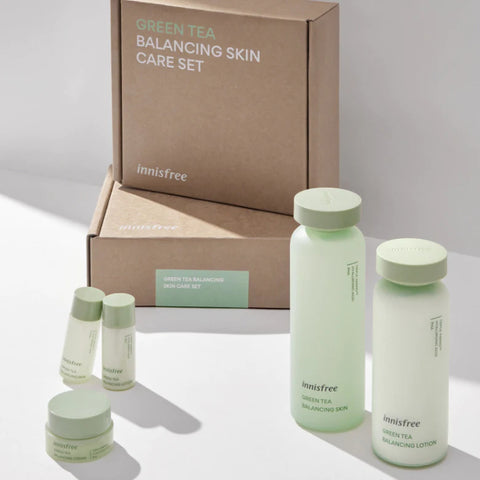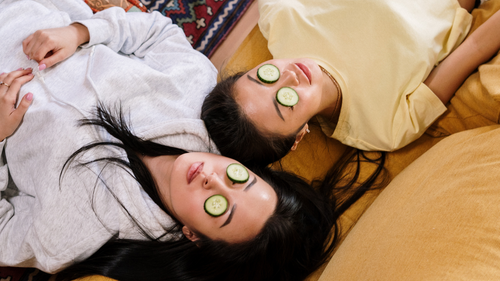Skin SOS: Decoding Nature and Goals of Moisturising vs. Hydrating Skin
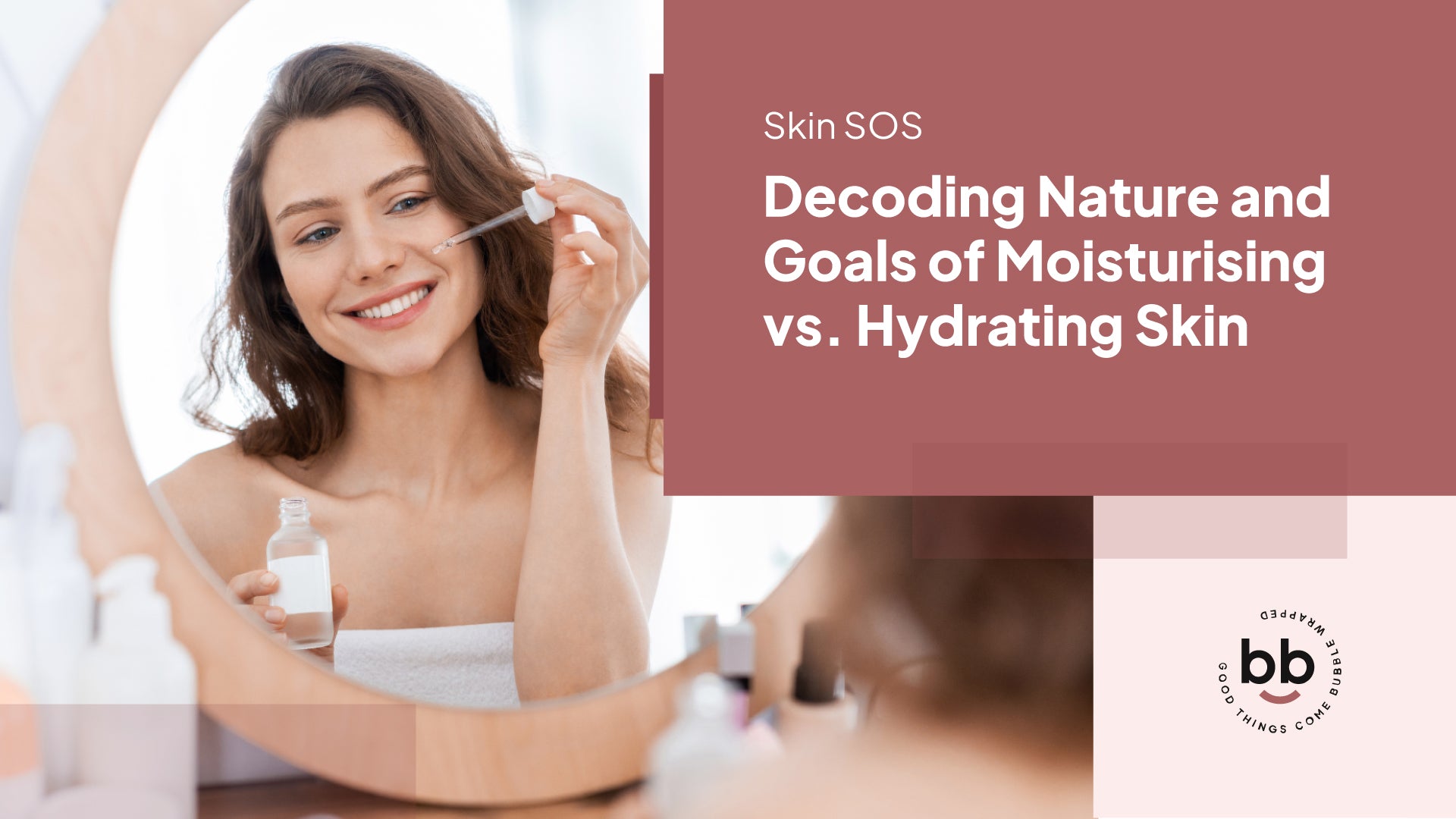
Picture this: you wake up, look in the mirror, and your skin positively radiates with vitality. It's not just about the absence of dryness. It is the dewy, fresh, and irresistibly luminous complexion that turns heads and boosts confidence.
Here, in this informative blog, we are your trusted guides on this transformative journey. Let’s unravel the mysteries by unveiling the age-old wisdom that can help you decode the secrets of your skin.
Moisturising and hydrating go beyond mere skincare buzzwords. They are among fundamental skincare principles. Both of them offer remarkable benefits for your skin. Whether you're just starting your skincare journey or you're a seasoned beauty enthusiast, this blog will help your skin become flawless.
So, prepare to embark on this skincare odyssey with The Bubble Wrap. With moisturising vs hydrating skin as our guiding star, your journey to healthier, happier skin begins now.
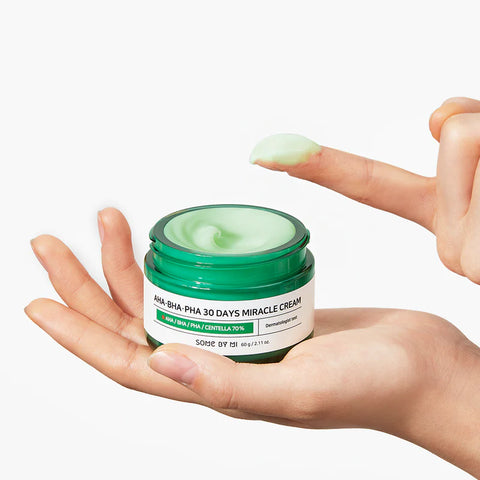
Understanding Moisturization: 4 Benefits
Regardless of what your skin type is, moisturiser is a staple product you need in your skincare vanity. It keeps your skin refreshed and hydrated. As we age, the oil glands that keep skin healthy begin to lose their power, causing them to produce fewer oils.
1. Combating Skin Issues
What should you choose when your skin dries moisturising vs hydrating skin? For dry skin, many issues can emerge due to the imbalance in your skin’s pH. You might notice increased redness and even acne or shiny skin due to excess sebum production.
To avoid such a situation, use a moisturiser that balances your skin pH. For instance, if you have dry skin, your skin needs oil and deep moisturisation. So, go for an oily moisturiser. However, if you have oily or combination skin, then you must choose a hydration moisturiser. It will add moisture to your skin without making it more oily.
2. Look and Feel Young
Certain skin regions undergo more frequent cell turnover than others, such as your ears, neck, chest, and facial regions. Fresh, new skin in these areas is more susceptible to sun and weather damage, elevating the risk of skin cancer. Moreover, these regions exhibit lower resilience in case of trauma.
Regular moisturising amongst, moisturising vs hydrating skin, rejuvenates your skin. Learn how to have hydrated skin with moisturiser.
3. Fight Wrinkles
Nobody desires premature ageing. Incorporating moisturiser into your daily regimen can effectively reduce the appearance of wrinkles. Moisturised skin appears firmer, with fewer visible wrinkles, as it plumps up. Conversely, dry skin accentuates wrinkles, making you appear older.
Irrespective of the weather, constant exposure to harsh elements like wind, heat, chemicals, and climate shifts, as well as frequent washing, can leave your skin dry and lacklustre.
Utilising an appropriate moisturiser forms a protective shield. It safeguards your skin from environmental harm, harmful UV rays, and pollution. Moisturising vs hydrating skin promotes healthy skin cell maintenance. Achieve a glowy complexion.
4. Promotes Cell Turnover
Another vital reason for the significance of moisturiser lies in its capacity to enhance skin cell function and accelerate cell turnover. Skin cell turnover refers to the shedding of dry and deceased skin cells from the topmost skin layer, subsequently replaced by fresh, healthy skin.
Heightened cell turnover can effectively address diverse skin issues such as acne, wrinkles, and fine lines, fostering a more youthful, radiant complexion devoid of dark spots, imperfections, and pigmentation.
Let's navigate this essential aspect- moisturising vs hydrating skin. Delve into the art of selecting the perfect moisturiser.
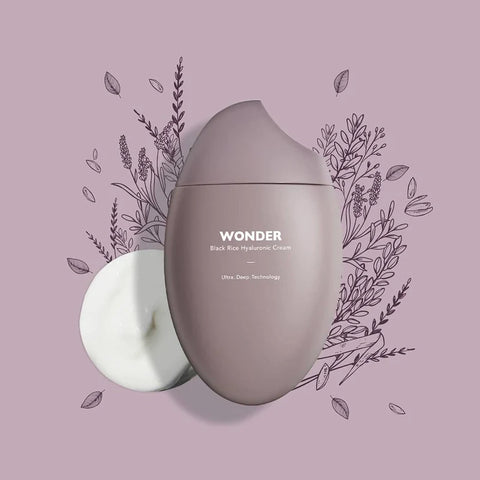
Choosing the Right Moisturiser for Your Skin Type
There are three formulations of moisturisers:
- Humectants
- Emollients
- Occlusives
So, what is the difference between these three? Which moisturisers are perfect for your skin in this moisturising vs hydrating skin debate? Let’s see in detail.
When to Use Humectants
Perfect for: OILY SKIN
While it's well-known that humectants are good for skin hydration. They are extra effective when you use them with other moisturising agents. You will find them in products with ingredients like-
Combine them with emollients and occlusives. Some formulations even have glycolic acid and lactic acid. These enhance skin texture, unveiling a smoother and more radiant complexion. Add the best hydrating moisturiser for sensitive skin from Some by MI.
When to Use Emollients
Perfect for: NORMAL, DRY, and COMBINATION SKIN
If you are looking for moisturisers that will smoothen and soften your skin, you need emollients. In the battle of moisturising vs hydrating skin, they restore cracks in your skin barrier. Restoring these cracks with such moisturisers.
Emollients serve a dual purpose: they reduce water loss and serve as lubricating agents in various skincare products. Although generally compatible with most skin types, it's essential to exercise caution when applying them to naturally oily skin. In such cases, emollients can prove overly heavy and potentially exacerbate breakouts.
For optimal results, when incorporating emollients like HaruHaru Wonder Black Rice Hyaluronic Cream into your skincare routine, ensure compatibility by pairing them with products featuring occlusive or humectant properties.
When to Use Occlusives
Perfect for: Dry, Ageing and Dehydrated Skin
Occlusives, the third category of moisturising agents, function by establishing a protective layer atop your skin's surface. This barrier serves as a shield, effectively reducing moisture loss. In this contest of moisturising vs hydrating skin, occlusives also protect it from external elements like wind, cold weather, pollen, and friction.
Common occlusives, such as shea butter and petrolatum, work diligently to nourish and soften your skin, akin to what emollients do. You can find one in Green Tea Balancing Set by Innisfree.
Occlusives hold a unique position in this debate of moisturising vs hydrating skin, that's not easily replaceable. Low water content in Dr. Jart+ Ceramidin Serum, another occlusive, renders them less susceptible to bacterial growth, granting them an extended shelf life.
Furthermore, occlusives boast a dense, substantial consistency, rendering them particularly advantageous for individuals with dry, dehydrated, or ageing skin.
Note: Numerous facial moisturisers blend emollients and humectants to optimise moisture retention. Meanwhile, occlusives for moisturising vs hydrating skin are in anti-ageing creams, meant for your feet, knees, elbows, and hands.
Understanding Hydration
Your skin, the body's largest organ, acts as a protective barrier composed of layers held together by lipids. Adequate hydration makes your skin soft. A lack of it will lead to dehydration and cracked skin.
A balanced diet with ample water intake contributes significantly to overall health and skin well-being. Otherwise, dehydration can exacerbate skin conditions like eczema and acne.
Note: You cannot control loss of water from skin (transepidermal water loss). But you can prevent it. Using a hydrating moisturiser helps you to curb water loss.
Best products for moisturising vs hydrating skin maintain skin hydration level. These products are occlusives. (See what we mentioned above). Some best occlusives are silicone oils, mineral oils and vegetable oils. Look for products with such items on their ingredient list.
3 Hydrating Ingredients to Look For
1. Glycerin
As a humectant, glycerin draws water to itself. Applying it to your skin will draw water to it. It remains one of essential hydrating agents in your debate about moisturising vs hydrating skin. Glycerin traps water molecules which is what hydrates skin.
2. Hyaluronic Serum
When you apply hyaluronic formula topically with products like Dr. Jart+ Cryo Rubber, it attracts and holds onto water, enhancing hydration. It is exceptionally effective at hydration due to its remarkable water-binding capacity. Just a quarter-teaspoon of hyaluronic serum retains about one and a half gallons of water.
Maintaining moisturising vs hydrating skin is crucial because well-hydrated skin appears plumper, healthier, and more vibrant. Moreover, it can aid in achieving a more youthful complexion by countering age-related moisture loss. Hyaluronan plays a pivotal role in revitalising dry or "crepe" areas according to some research findings.
3. Ceramides
Ceramides are vital to your stratum corneum (skin barrier). They are present in your skin cells and seal their barrier keeping in hydration. Extremely dry skin needs products with ceramides to restore that barrier for moisturising vs hydrating skin.
FAQs: Skin SOS: Decoding Nature and Goals of Moisturising vs. Hydrating Skin
What's the key difference between moisturising and hydrating products?
Moisturising products primarily seal in existing moisture, while hydrating products actively add water or moisture to your skin, increasing its water content. Which is better hydrating or moisturising?- both are important as they have special purposes.
How can I tell if my skin is dehydrated or just dry?
Dehydrated skin feels tight, prone to acne, and lacks radiance. Dry skin feels rough, may have patches, and lacks elasticity. Dehydrated skin lacks water, and dry lacks natural oils; both require hydration and moisturisation.
Are there natural remedies for hydrating the skin?
Of course, the best remedy is to drink water. But, what is best for hydrating skin? Hydrating skincare products are your saviour. Carry a smart water bottle to track your hydration levels.
Does dry skin need both hydration and moisturization?
Should I use moisturiser after hydrating?- Use hyaluronan or hyaluronic serum, and then seal it with an occlusive like plant oil to retain moisture. You can opt for a product that combines both.
Can I hydrate my skin without moisturiser?
Hydrate by using hydrating serums or products containing humectants like hyaluronic-induced serums.
Conclusion
By understanding the distinction between moisturising vs hydrating skin, you can rejuvenate your complexion and combat various skin concerns. Whether it's achieving youthful radiance or addressing specific skin issues, the right skincare products tailored to your skin type are key. So, embark on this skincare journey, armed with various options from The Bubble Wrap and unveil your true beauty potential!
